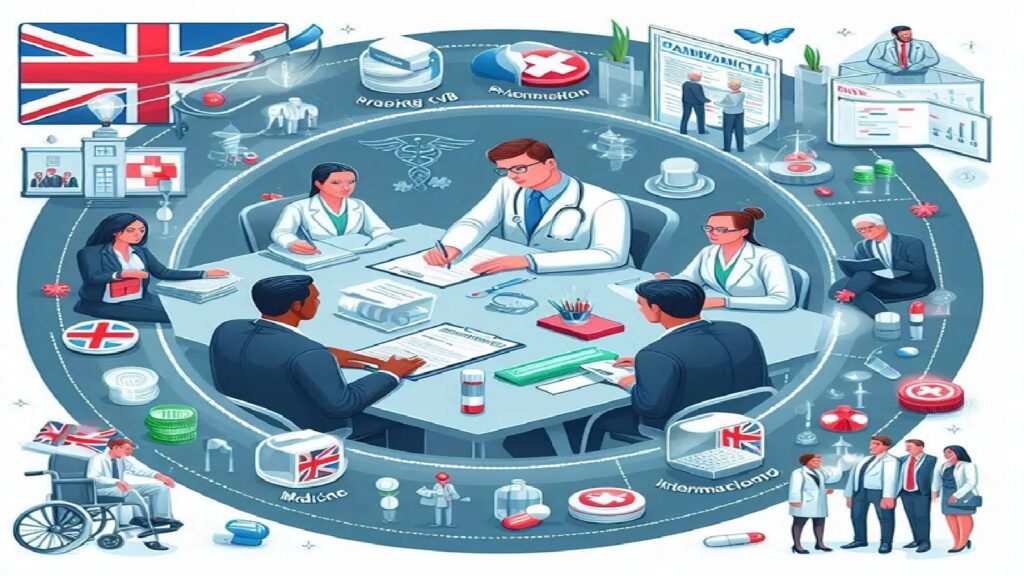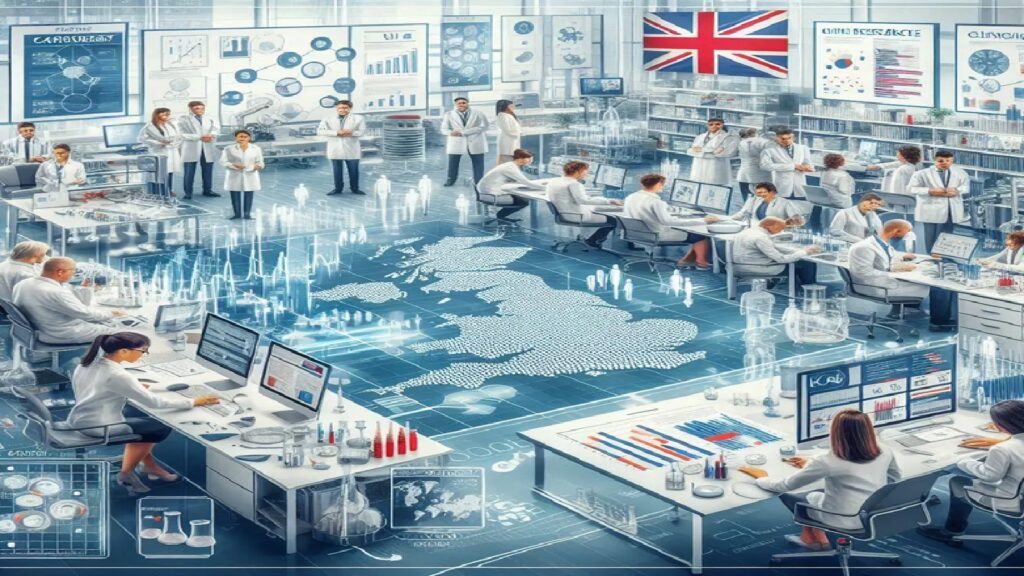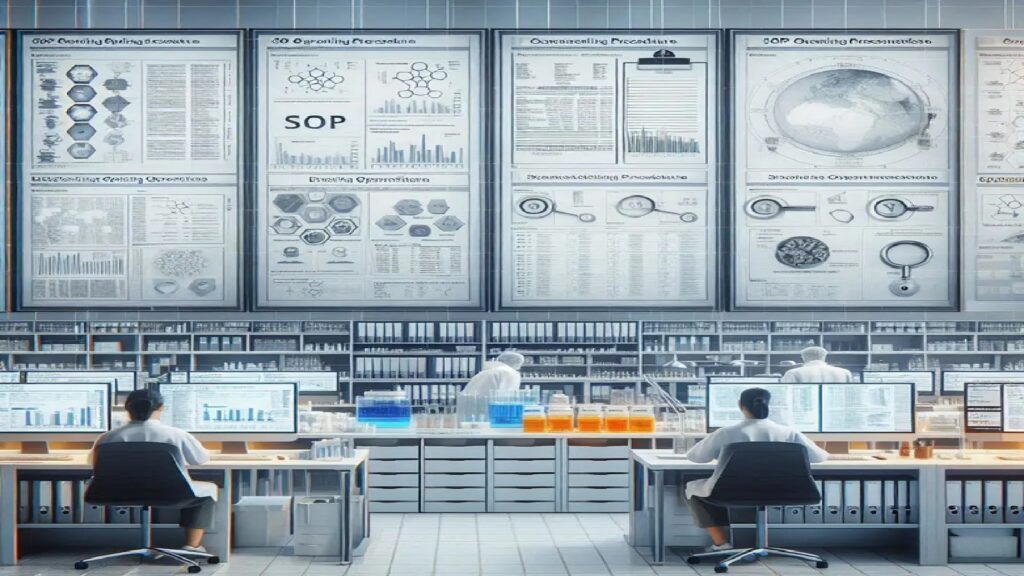💊 How to Get a Pharma Job in the UK (Complete 2026 Guide for Indians)
💊 How to Get a Pharma Job in the UK (Complete 2026 Guide for Indians) Read More »
Clinical Research Career in the UK for Beginners – Full Roadmap
Clinical Research Career in the UK for Beginners – Full Roadmap Read More »
💊 Pharma Interview Questions UK: Complete Guide to QA, QC, MHRA & UK Pharma Jobs (2026)
💊 Pharma Interview Questions UK: Complete Guide to QA, QC, MHRA & UK Pharma Jobs (2026) Read More »
UK GMP SOP Hub: Complete MHRA-Compliant Pharmaceutical SOPs & Documentation Guide
UK GMP SOP Hub: Complete MHRA-Compliant Pharmaceutical SOPs & Documentation Guide Read More »
QA, QC, GMP & Regulatory Affairs in the Pharmaceutical Industry – Complete UK-Focused Guide
💊 Pharmaceutical Salary Guide 2026: USA, UK & India
💊 Pharmaceutical Salary Guide 2026: USA, UK & India Read More »
📈 UK Pharmaceutical Industry Trends in 2026
📈 UK Pharmaceutical Industry Trends in 2026 Read More »
💊 How to Get a Pharma Job in the UK : A Complete Guide
💊 How to Get a Pharma Job in the UK : A Complete Guide Read More »
🚀 Pharma Career Face-Off: UK Perspective (Ultimate Guide)
🚀 Pharma Career Face-Off: UK Perspective (Ultimate Guide) Read More »








